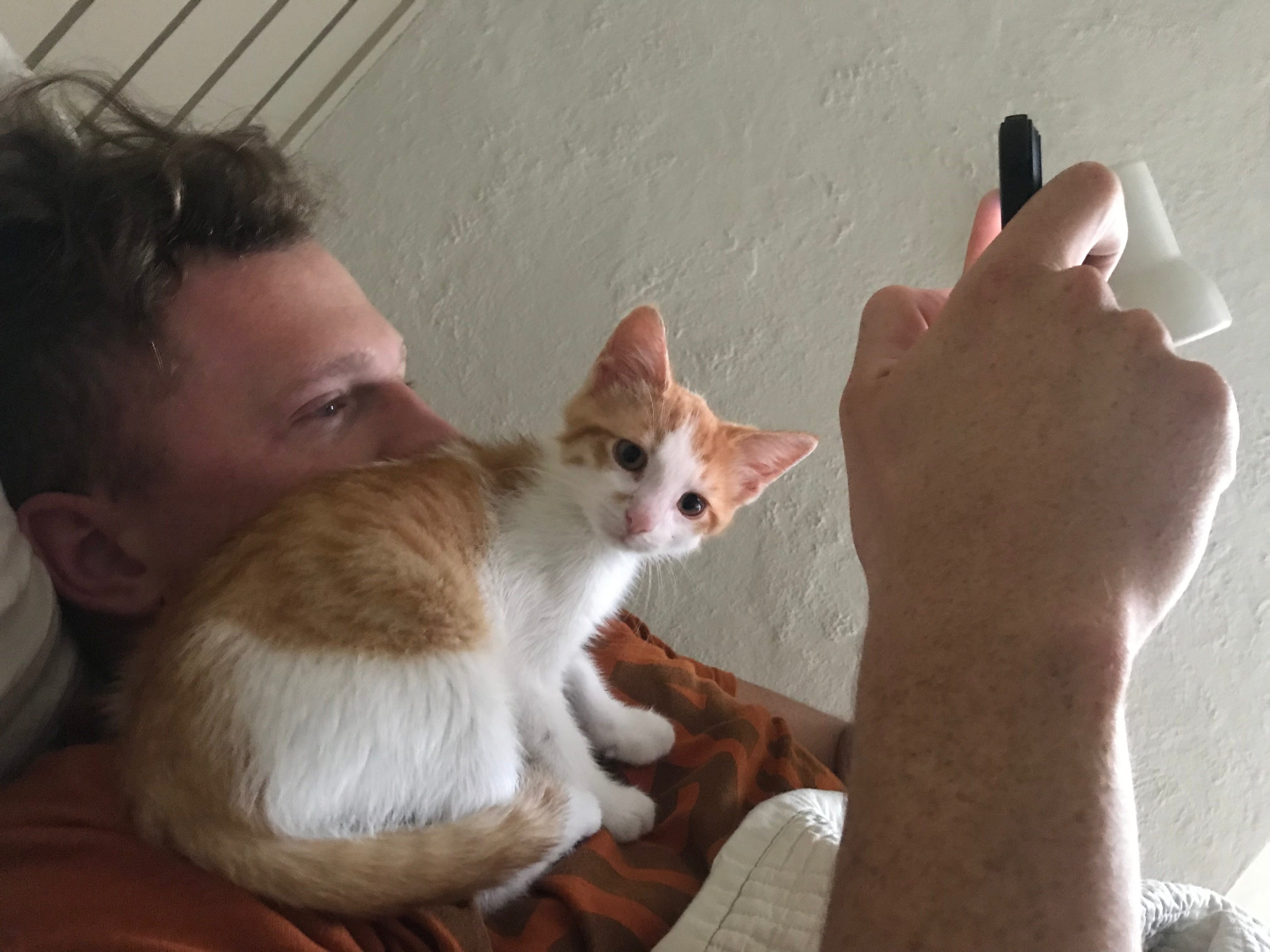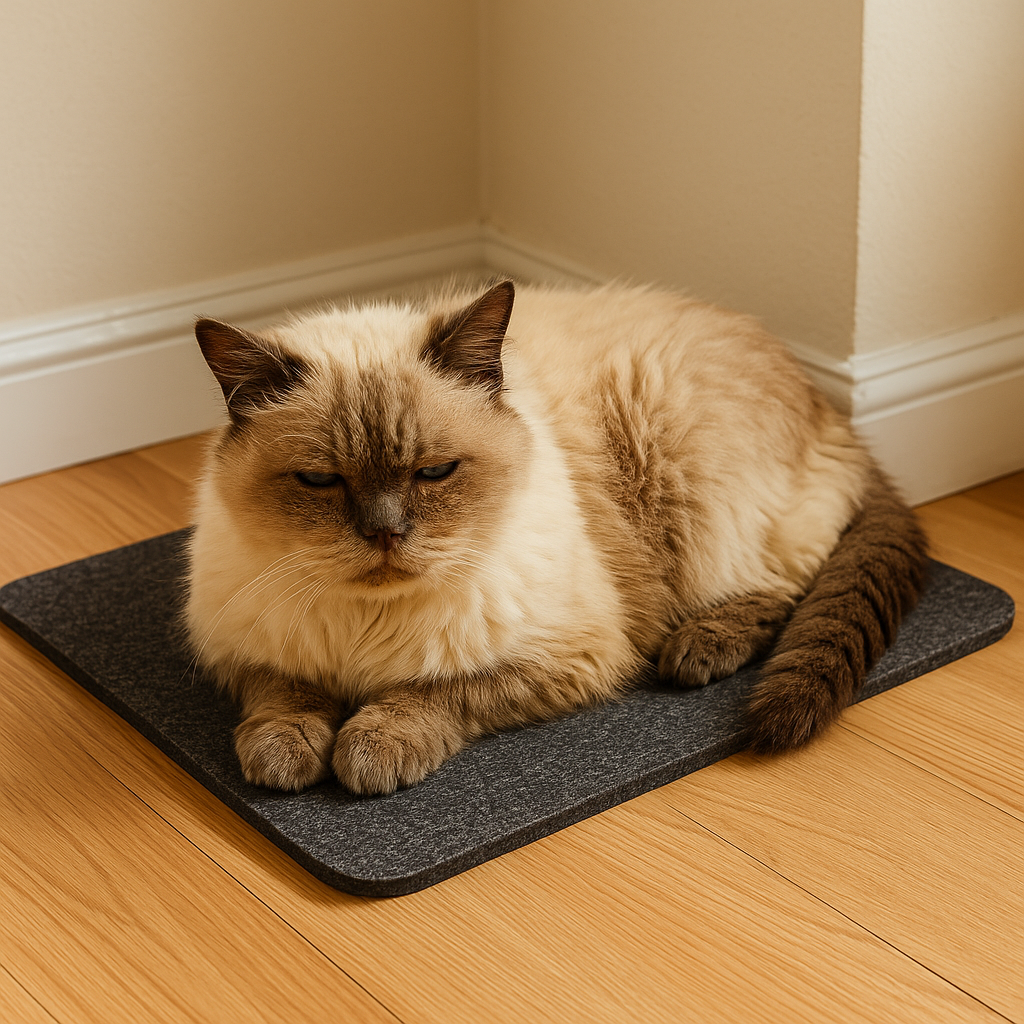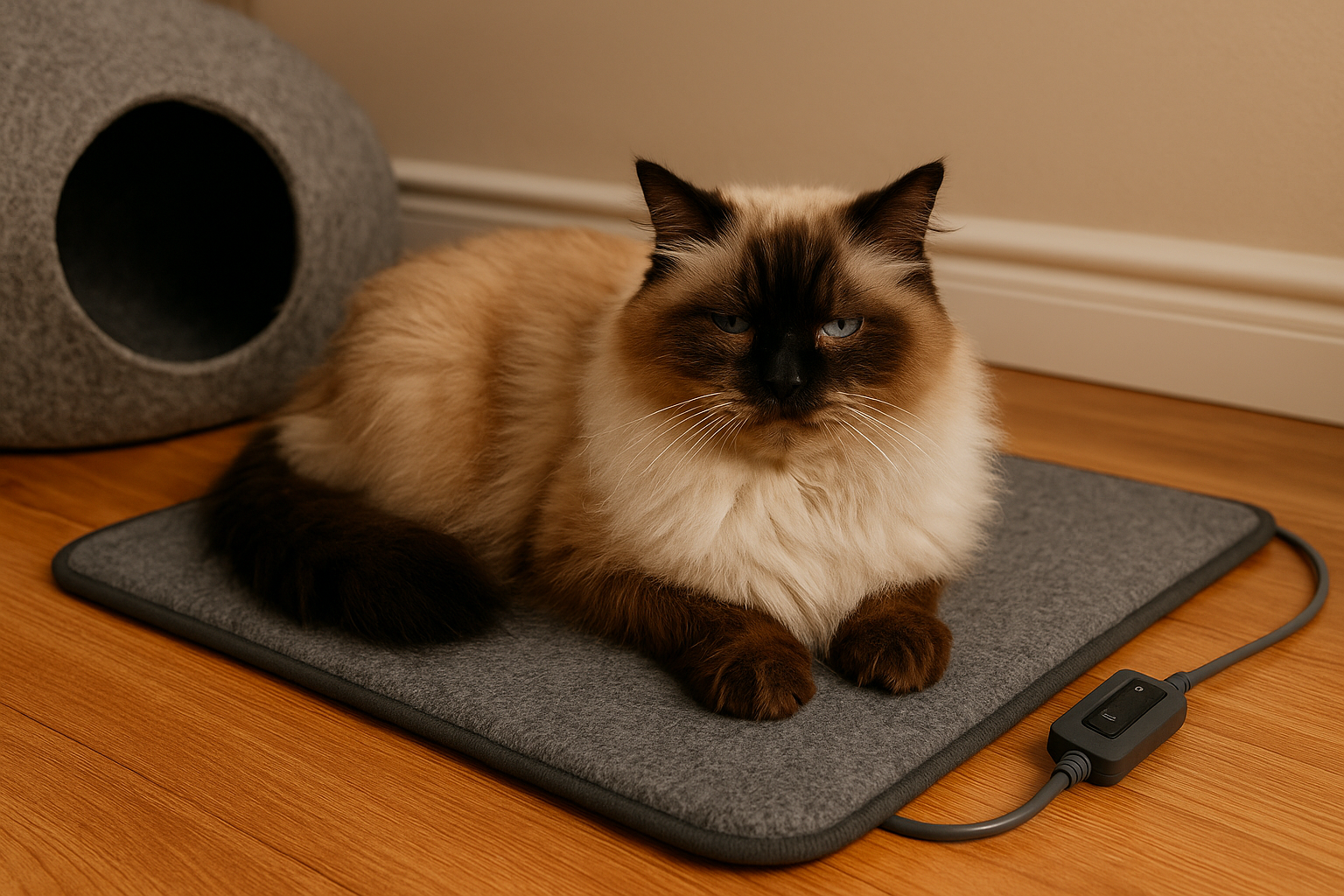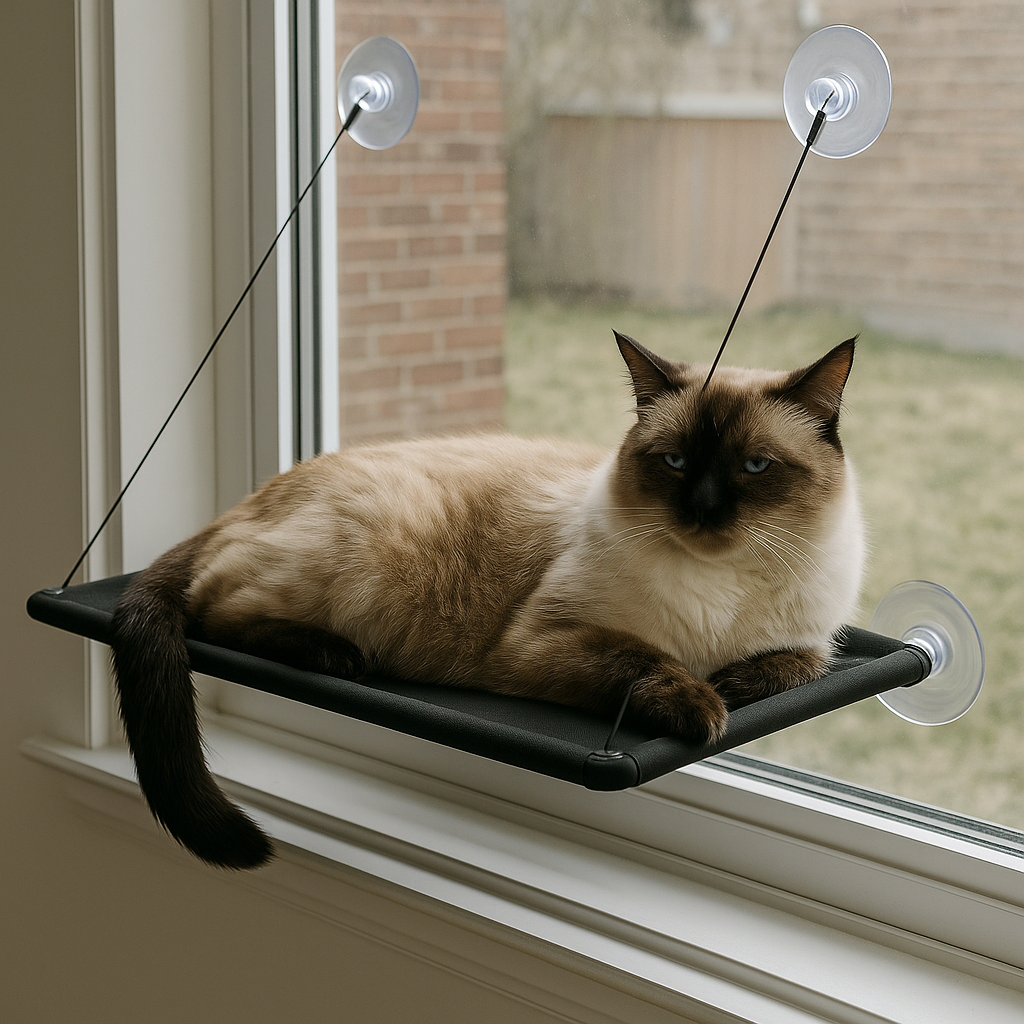Encouraging Cats to Be Affectionate 2025: Vet-Approved Tips 🐱💛
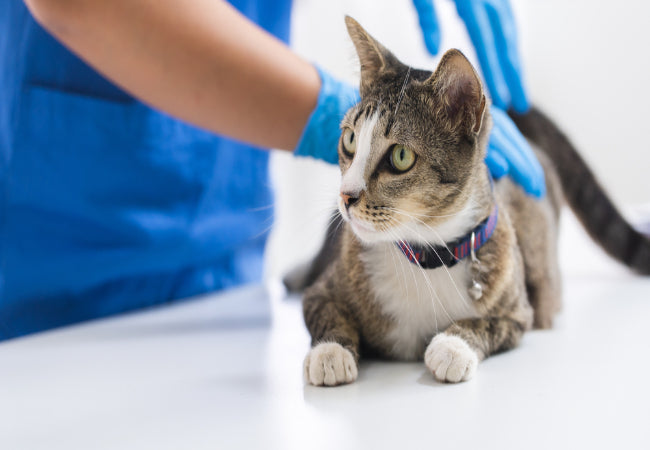
In this article
Encouraging Cats to Be Affectionate 2025: Vet-Approved Tips 🐱💛
By Dr. Duncan Houston BVSc
Cats are unique creatures — independent yet capable of forming deep bonds with their human companions. Encouraging your cat to be more affectionate takes patience, understanding, and consistent care. Here are some effective ways to build a closer, loving relationship with your feline friend:
1. Spend Quality Time Together
Dedicate time every day to interact with your cat. This can include:
-
Play sessions with toys
-
Grooming or brushing
-
Simply sitting nearby and talking softly
Cats become more affectionate once they feel a strong, trusting bond with their owners. Even a few minutes of consistent attention can make a big difference.
2. Use Positive Reinforcement
Reward affectionate behavior with:
-
Treats
-
Praise
-
Gentle petting
When your cat associates showing affection with positive outcomes, they are more likely to repeat the behavior.
3. Respect Their Space
Cats value independence. Avoid forcing affection, as this can create stress or distrust.
-
Let your cat approach you on their terms.
-
Providing choices helps them feel safe and encourages natural displays of affection.
4. Provide for Their Needs
A happy cat is often an affectionate cat. Ensure your cat has:
-
Clean water and nutritious food
-
A clean litter box
-
A safe retreat for quiet time
Meeting their basic needs helps build trust and comfort.
5. Regular Grooming
Many cats enjoy grooming, which can be a great bonding opportunity.
-
Use gentle strokes and focus on areas your cat enjoys.
-
Grooming not only maintains their coat but also reinforces positive interaction.
6. Play With Your Cat
Engage their natural hunting instincts with toys:
-
Wand toys, laser pointers, or small balls
-
Short, frequent play sessions often work best
Playing together strengthens your bond and can encourage your cat to seek your company outside of playtime.
7. Provide Enrichment
Cats thrive in a stimulating environment. Offer:
-
Puzzle feeders or treat-dispensing toys
-
Window perches to watch birds or outdoor activity
-
Scratching posts and climbing structures
A happy, mentally engaged cat is more likely to display affectionate behaviors.
8. Ensure Your Cat Is Healthy
Behavioral changes can sometimes indicate health issues.
-
Schedule regular vet checkups
-
Monitor for signs of pain or discomfort, as these can reduce affection
Healthy cats are more comfortable and more willing to engage with you.
9. Create a Calm Environment
Cats are sensitive to stress, which can affect their willingness to be affectionate.
-
Minimize loud noises or sudden changes in routine
-
Keep interactions gentle and consistent
A peaceful home encourages trust and closeness.
🐾 Final Thoughts
Every cat is an individual. Some may naturally be more reserved, while others are more openly affectionate. The key is patience, understanding, and consistent care. By respecting your cat’s personality and creating positive experiences, you can foster a loving, affectionate bond that lasts a lifetime.




